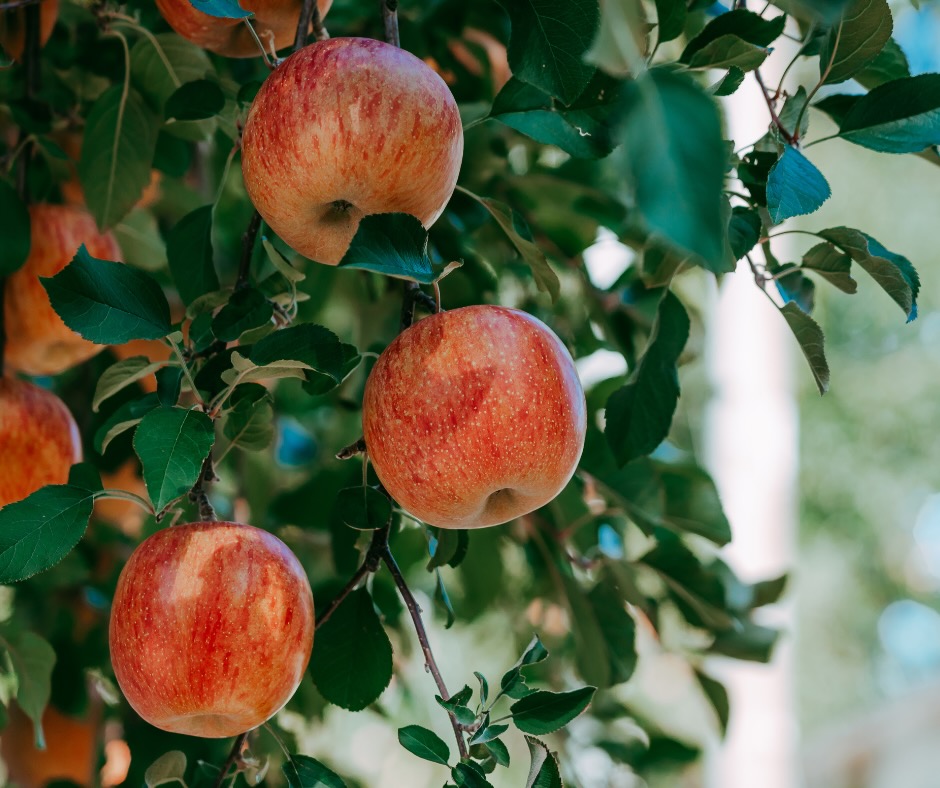When we bite into a juicy peach, a sweet strawberry, or a perfectly tangy orange, we rarely think about the importance of the soil beneath the tree or vine. Yet, healthy soil plays a direct role in producing fruit that tastes better, lasts longer, and packs more nutrients. One of the unsung heroes in this process is dolomitic lime.
Farmers and home gardeners alike have been using dolomitic lime for decades to improve soil quality, balance pH levels, and ultimately grow better fruit. But how exactly does it influence flavour, sweetness, and nutritional content? Well, there’s a curious magic behind this humble soil booster.
Dolomitic Lime: what it is and why it matters
Dolomitic lime is a natural mineral product formed from ancient sea sediments. It’s composed mainly of calcium carbonate and magnesium carbonate, two key nutrients that fruit-bearing plants need to flourish.
In many fruit orchards and vineyards, the soil gradually becomes acidic due to factors like rainfall, irrigation, and the breakdown of organic matter. Overly acidic soils make it harder for fruit trees and bushes to absorb essential nutrients. Dolomitic lime comes to the rescue by neutralising acidity and restoring the balance plants need to thrive.
Enhancing flavour through balanced soil
- The taste of fruit isn’t determined by genetics alone – it’s deeply influenced by what happens in the soil. Fruits grown in nutrient-rich, well-balanced soils are naturally sweeter, juicier, and more aromatic. Dolomitic lime improves sugar levels by balancing soil pH, usually raising it into the slightly acidic-to-neutral range where fruit trees perform best (around pH 6.0 to 6.5). This helps plants absorb phosphorus more efficiently, which supports energy transfer and boosts natural sugar production. In this way fruits develop a higher measure of the sweetness and flavour prized by growers.
- Magnesium, a key component of dolomitic lime, is essential for chlorophyll production and photosynthesis. When plants photosynthesize efficiently, they create more volatile compounds that give fruit its distinctive aroma and taste. In highly acidic soils, fruit trees often struggle to regulate natural acids. This can lead to overly sharp or bitter flavours. By reducing soil acidity, dolomitic lime helps fruits achieve a better sugar-to-acid balance, making them taste naturally sweeter and more refreshing.
Better fruit means better health
- Fruits take up calcium and magnesium directly from the soil – and dolomitic lime supplies both in abundance. These minerals: strengthen cell walls, producing firmer, crunchier fruit; boost levels of magnesium, vital for human muscle and nerve function; improve calcium levels, supporting stronger bones and teeth. When soil lacks these nutrients, fruit often appears smaller, less vibrant, and nutritionally weaker. With dolomitic lime, the mineral profile of the fruit improves naturally.
- Because magnesium plays a critical role in enzyme activity and chlorophyll production, it influences the plant’s ability to create certain vitamins. Fruits grown in magnesium-rich soils tend to have higher levels of Vitamin C for immune support and Vitamin A for healthy vision. These are both antioxidants that help fight free radicals. In essence, well-fed soils grow healthier plants, and healthier plants produce more nutritious fruit.
Improving soil structure for healthier roots
- Dolomitic lime isn’t just about chemistry – it also impacts the physical structure of soil. When applied correctly, it: loosens compacted soils, allowing roots to grow deeper; improves water retention while preventing waterlogging; encourages beneficial soil microbes that support plant health. A healthier root system allows fruit trees to absorb nutrients more efficiently, which in turn leads to better-quality fruit.
Disease resistance and longer shelf life
- A surprising benefit of dolomitic lime is that it makes fruit more resilient. Calcium strengthens plant cell walls, making them less susceptible to fungal infections, bacterial rot, and physical bruising. This translates into fewer blemishes and improved visual appeal, and a longer shelf life after picking, since firmer fruit is less prone to softening and spoilage. Better-quality fruit means less waste for growers, better prices at the market, and fresher produce for consumers.
Applying dolomitic lime effectively is all about balance. Too little, and the benefits won’t be seen. Too much, and the soil can swing from acidic to overly alkaline. For growers, it means healthier trees and better harvests. For consumers, it means juicier, sweeter, more nutrient-dense fruit on the table. And for the soil, it means a return to balance – the foundation of good farming and great flavour. By working with nature rather than against it, growers produce fruit that’s not only tastier but also healthier for us.
Bringing health back to South African soil
Lime Sales Ltd is one of the leading producers and suppliers of dolomitic limestone products in the Western Cape. Meeting the highest industry standards, we supply dolomite to the agricultural, construction and civil construction industries. Exceptional year-on-year growth since inception in 2003, has advanced the company to become the supplier of choice to the agricultural lime and gypsum market in Southern Africa.
Find out more at: www.limesalessa.co.za
Contact us today for a soil health consultation, or visit our website to learn more about our range of high-quality agricultural or civils/construction products.






.svg)



